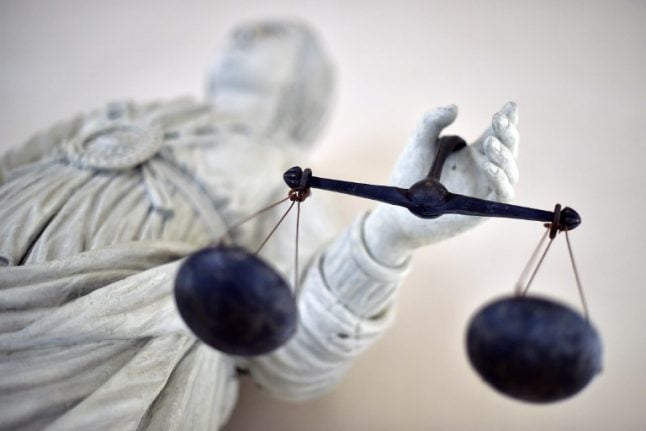She had attempted to “order” the Austrian army to overthrow the government as well as asking for military assistance from Russian President Vladimir Putin.
The judge in the court in the southern city of Graz justified the heavy penalty, saying it gave a “clear signal that anti-state activities will not be tolerated”.
Unger went on trial along with 13 other members of the movement who were arrested in a wave of arrests in April 2017 involving more than 450 police officers.
Her second-in-command, a 71-year-old former police officer, was also found guilty of inciting high treason and sentenced to 10 years.
Twelve other members were found guilty of “forming an anti-state association” and jailed for up to three years.
The Staatenbund had given some members “diplomatic passports” as well as selling its own licence plates.
It forbade members from paying taxes to the Austrian state and collected almost 40,000 euros in fees to have property entered in its own “land registry”, assuring that this rendered mortgages on those properties null and void.
Unger admitted that she had tried to arrange the “arrest” and “trial” of elected officials, judges and bank employees in order to replace them with her own administration.
She claimed she was the “victim of an oppressive system”.
The Staatenbund is similar to “sovereign citizen” movements which have alarmed authorities in recent years in Austria and Germany, such as the German “Reichsbuerger” (“Citizens of the Reich”).
Members are drawn from various ideologies, including anarchists, neo-Nazis, and those subscribing to more esoteric beliefs.
In 2017 a Reichsbuerger militant was jailed for life in Germany for killing a policeman and injuring two others during a dawn raid on his house.



 Please whitelist us to continue reading.
Please whitelist us to continue reading.